Making kids apologize (Please don’t!)
I am sorry.
Sometimes we force our children to say or show sentiments that they do not feel. Our own actions and how we use our words make a big difference in how our children act and use theirs. This means it is important that our children see and hear thoughtful and authentic emotion from us. If you apologize to your child but continue to do the same thing you apologized for (in other words you didn’t mean it) your kids will likely do the same. Why wouldn’t they? You are their number one teacher in life.
You may be wondering, since I am suggesting we not make kids apologize, are you just supposed to ignore bad behavior if they are not sorry? When your children hurt one another or break something because they were angry, do you just tell them it was not ok and that’s it? The answer is absolutely not! Our kids need to learn from us what we deem as acceptable and unacceptable behavior, but it should not end there.
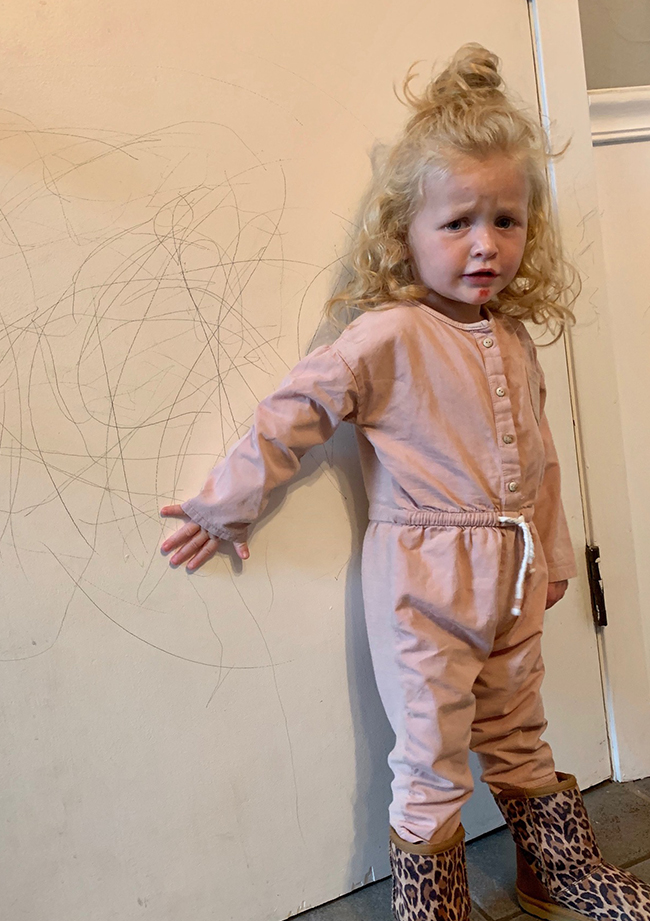
Restitution. I had this word on the wall in my office with a simple definition: The act of making up for damages or harm. The kids that came to me not only knew what restitution meant but they learned why it mattered. I gave them the tools to be accountable for their actions (Own it!) and to implement restitution (Fix it!) This was our working definition and we determined that “damages or harm” could be either to property or a person, and if it was a person it could be their body and/or heart that was damaged or harmed.
This is an example of many a conversation I had with kids in my office. “Can you tell me why you are here?” “I hit Bobby/drew on the bathroom wall/called Suzy a name…” It is important that kids tell you what they did (Name it!) and not us telling them. Then I ask them who or what they think was “damaged or harmed”. (Per the restitution definition). Bobby, the bathroom wall, the custodian (who paints and cleans the bathrooms) and Suzy, in the examples above. Again, the child needs to identify who or what was harmed, not us. If they do not know, you can help, but let them have a little time to think first. “Do you think Jerry was “harmed” when you threw milk at lunch today?” (Yes, because Jerry is the custodian who keeps the floors clean!) Help them to think about all the people affected by their action that they may not have considered. This is part of the learning and truly understanding our impact on others.
Before kids knew how I operated, some would be unwilling to say what they had done. They would tell me they didn’t know or that they didn’t do anything. I would reassure them that I was less concerned with what they “did” than how we were going to fix it. (I say we because they knew I was there to help). When you do the wrong thing there should be a consequence. But remember… a consequence does not necessarily have to be punitive; it just must be something logical that follows the behavior you want to change. Cause and Effect. (Although depending on the offense, something more punitive in nature might be appropriate. Like the loss of a privilege).
When asking questions, try to keep judgement out of it so that your focus (and the child’s) is on honoring the person or thing that was harmed. This is how kids start to understand empathy. If we are blaming and attacking them, they will likely be more interested in defending themselves, which leads to the focus being on them and not the person or the issue at hand.
Once we establish what happened, and what or who needs restitution, all that is left is figuring out what that is going to look like. This is where I would ask the child what they think should be done to fix it? To make amends. Very frequently kids would suggest an apology. We would then discuss how they wanted to apologize. In person or by writing a note were the front runners but, doing something nice for them or giving or making them something, also made the cut. 😊 Since the child is making the restitution, it is best that they decide what that is, assuming their suggestion is appropriate (aka the punishment fits the crime). You may think that their suggestion is not “enough” based on the infraction but remember, a small genuine gesture has more value to both the giver and receiver than a larger, inauthentic gesture.
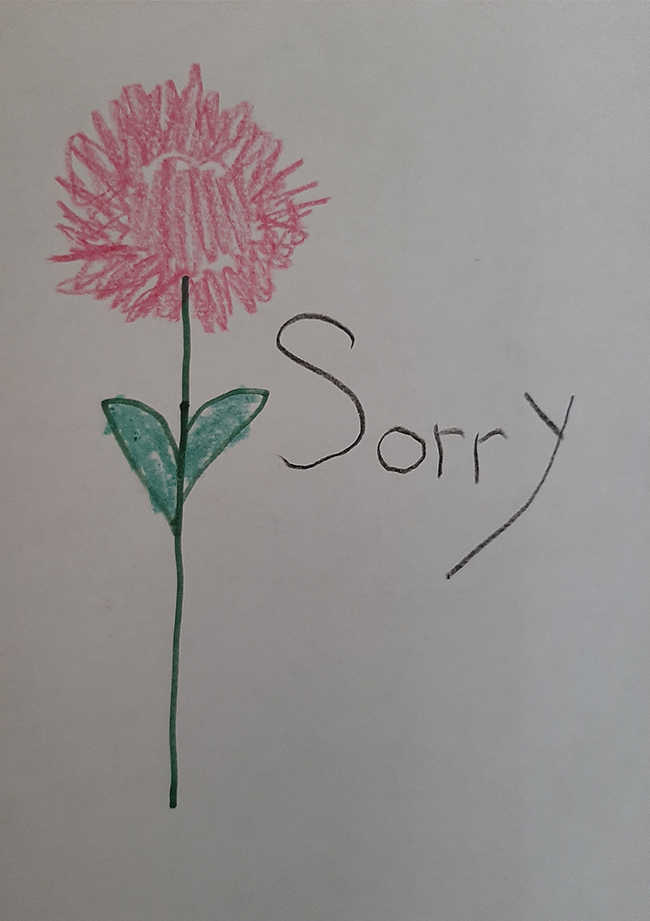
Ok, but what about the kids who aren’t sorry? They tell you the other kid deserved it. They were mean to me first. I don’t like them anyway. They had it coming. Should you make those kids apologize since you know they won’t on their own and the other kid/staff member/parent deserves an apology? NO. If you do not want to devalue the meaning of an apology, then please do not make a kid who obviously does not mean it, give one. I had many kids say to me right off the bat after coming into my office that they were not going to apologize. (They assumed I was going to make them because they had been made to by other adults before). I would tell them the truth. I don’t make kids apologize. “You DON’T??” “Nope. I think it would be appropriate for you to apologize but if you are not sorry then you don’t have to say it. You do need to do something for restitution though. Have any ideas?” And then we would work through who or what was harmed.
There were plenty of times that, after knowing they would not be made to apologize, the kids would offer to. Those times would melt my heart because I would witness what I already believe to be true; if you guide rather than force kids in the right directions, they want to choose the right path. The path of accountability. Owning it feels good!

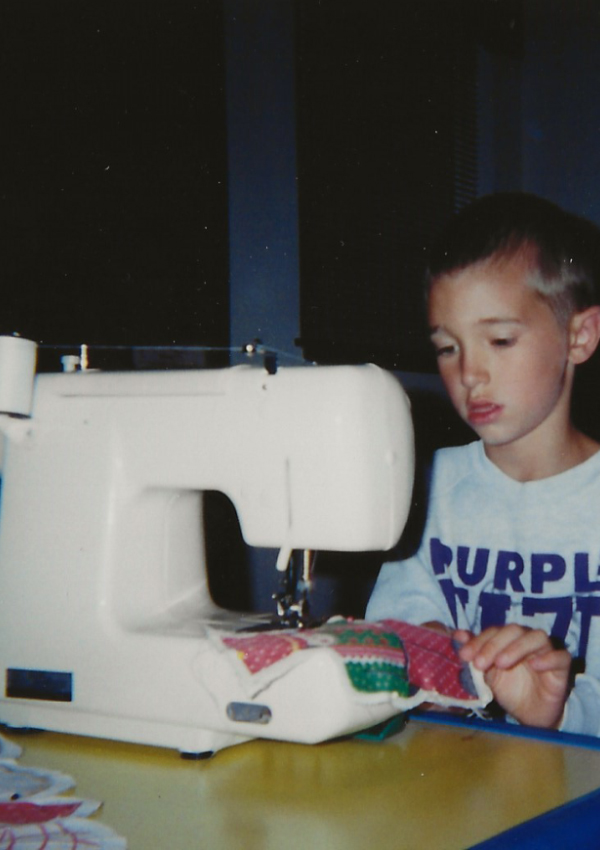
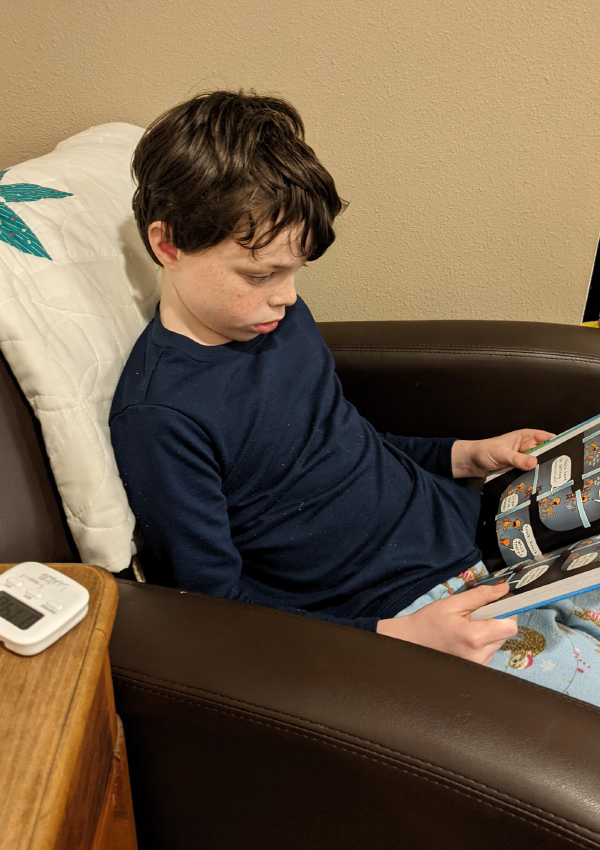
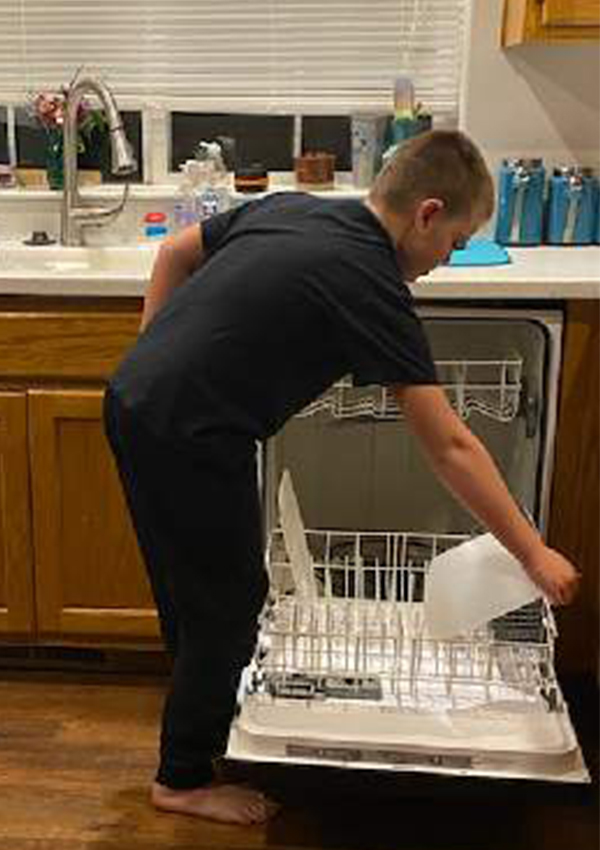

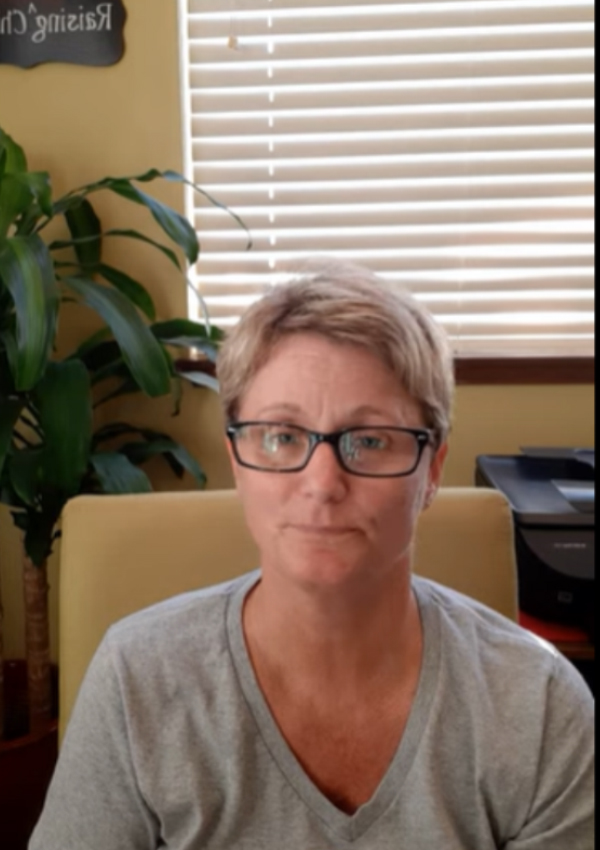
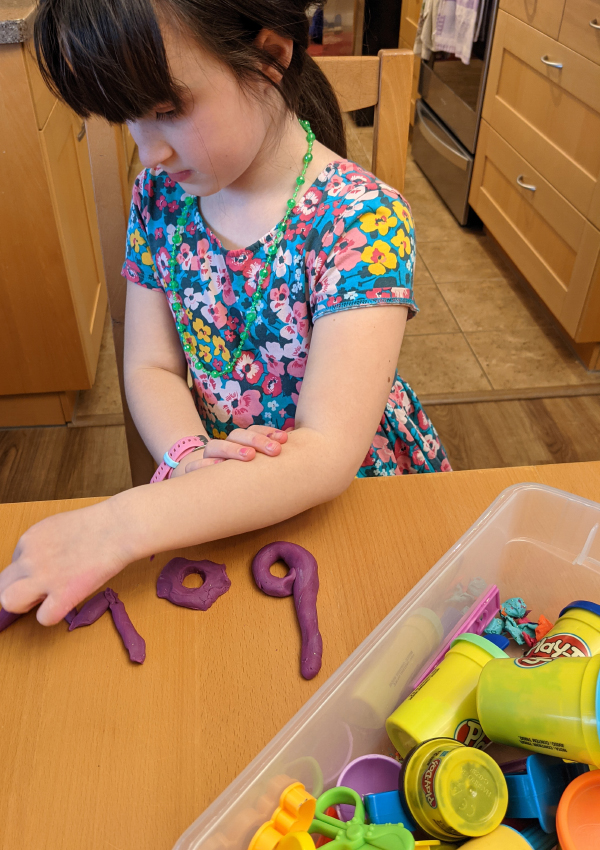
One Comment
Comments are closed.